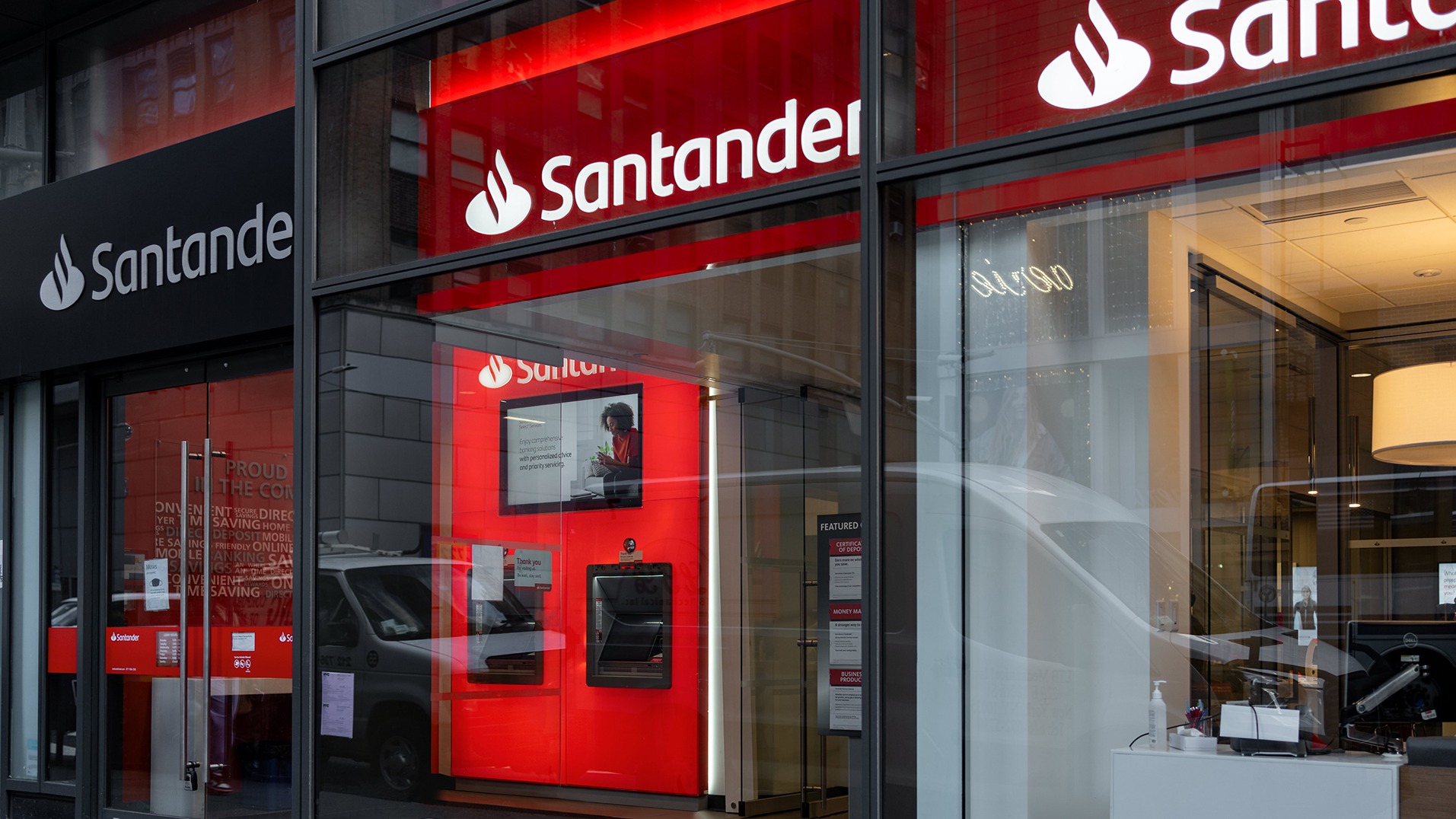UK FinTech investment hit $7.3 billion in the first half of 2024, nearly triple that recorded during the same period of last year.
Despite an increase in total investment, geopolitical uncertainty, high levels of inflation, and high interest rates have contributed to "more subdued levels" compared to the record highs experienced in 2021.
According to figures from KPMG, there were only 198 FinTech investment deals completed during the period, down from 284 in the first half of 2023.
The investment total was strengthened significantly by the size of may of the deals, including the largest FinTech venture capital agreement recorded over the six-month period, a $999 million raise by business-focussed marketplace Abound.
Other large deals included the $4 billion buyout of financial software company IRIS Software Group by Leonard Green and a $621 million raise by neobank Monzo.
KPMG noted that without these high value deals, UK FinTech investment would have fallen to $1.8 billion.
However, the UK continues to attract more FinTech funding than in the rest of Europe, Middle East and Africa (EMEA) combined.
Hannah Dobson, partner and UK head of FinTech at KPMG UK, said that with a new government in situ and the potential long awaited drop in interest rates having finally arrived, there are hopes that FinTech investment will start to show signs of recovery in the latter part of the year and early 2025.
“We are expecting to see growing investment interest in AI and its use in the FinTech and RegTech space," she continued. "Regulation remains a key focus in the EU - particularly with crypto and digital asset businesses as they navigate the new EU’s Markets in Crypto Assets (MiCA) regulation, which is expected to arrive in December 2024.”
The first half of the year was also challenging for the FinTech market globally, with total investment reaching $51.9 billion across 2,255 deals, down from $62.3 billion and 2,287 deals in the second half of 2023.
Karim Haji, UK and global head of financial services at KPMG, added: “The high cost of capital and geopolitical uncertainty - linked to conflict and elections, have put a significant damper on all global investments so far this year, and the fintech market isn’t immune to that.
“Investors are acting cautiously, and not only when it comes to large transactions. On the M&A front, in particular, given concerns about valuations and the profitability of potential targets, investors are focussed on improving the companies they already own rather than buying new.”
Latest News
-
Gemini to cut quarter of workforce and exit UK, EU and Australia as crypto slump forces retrenchment
-
Bank ABC’s mobile-only ila bank migrates to core banking platform
-
Visa launches platform to accelerate small business growth in US
-
NatWest to expand Accelerator programme to 50,000 members in 2026
-
BBVA joins European stablecoin coalition
-
eToro partners with Amundi to launch equity portfolio with exposure to ‘megatrends’
Creating value together: Strategic partnerships in the age of GCCs
As Global Capability Centres reshape the financial services landscape, one question stands out: how do leading banks balance in-house innovation with strategic partnerships to drive real transformation?
Data trust in the AI era: Building customer confidence through responsible banking
In the second episode of FStech’s three-part video podcast series sponsored by HCLTech, Sudip Lahiri, Executive Vice President & Head of Financial Services for Europe & UKI at HCLTech examines the critical relationship between data trust, transparency, and responsible AI implementation in financial services.
Banking's GenAI evolution: Beyond the hype, building the future
In the first episode of a three-part video podcast series sponsored by HCLTech, Sudip Lahiri, Executive Vice President & Head of Financial Services for Europe & UKI at HCLTech explores how financial institutions can navigate the transformative potential of Generative AI while building lasting foundations for innovation.
Beyond compliance: Building unshakeable operational resilience in financial services
In today's rapidly evolving financial landscape, operational resilience has become a critical focus for institutions worldwide. As regulatory requirements grow more complex and cyber threats, particularly ransomware, become increasingly sophisticated, financial services providers must adapt and strengthen their defences. The intersection of compliance, technology, and security presents both challenges and opportunities.
© 2019 Perspective Publishing Privacy & Cookies













Recent Stories